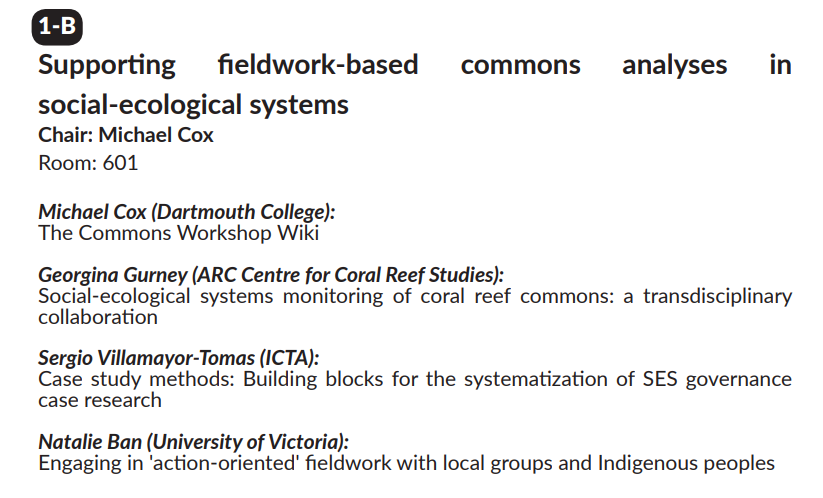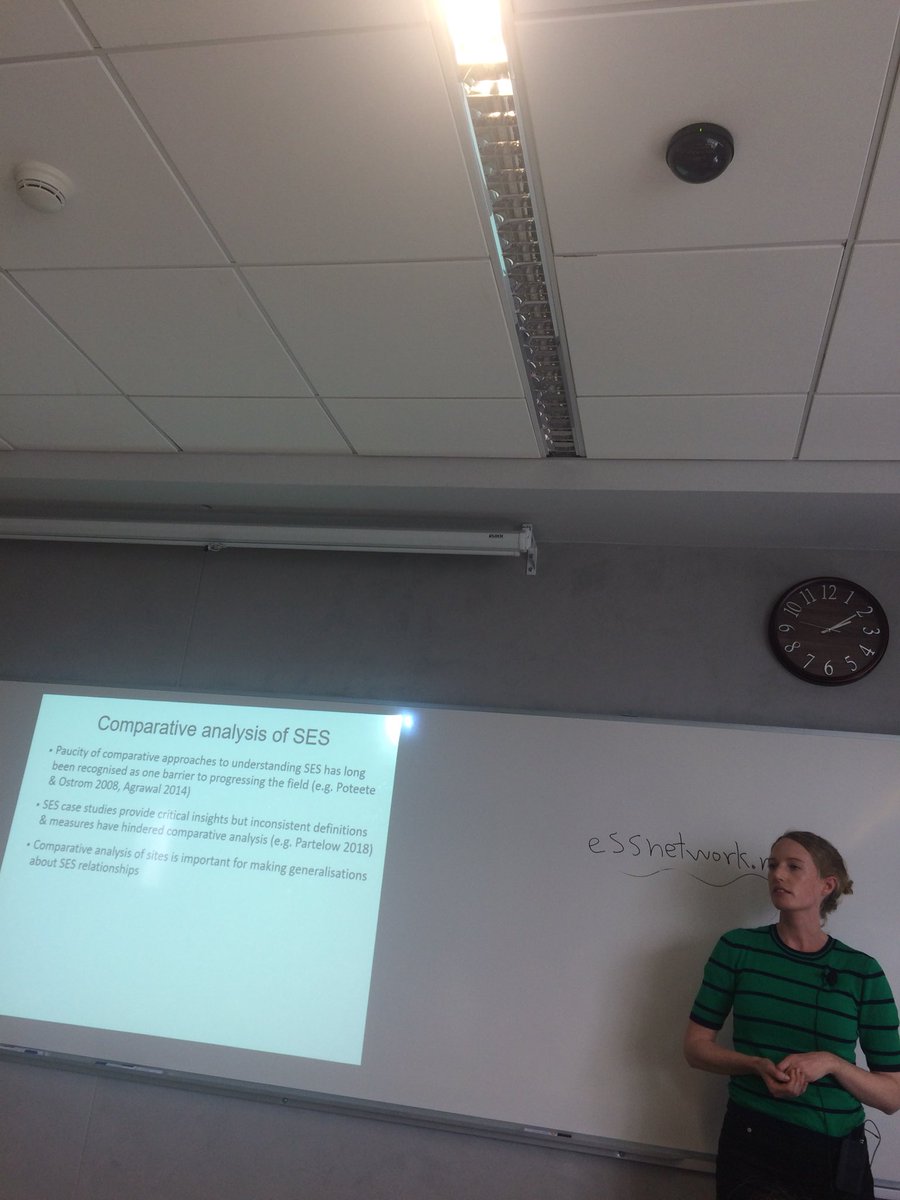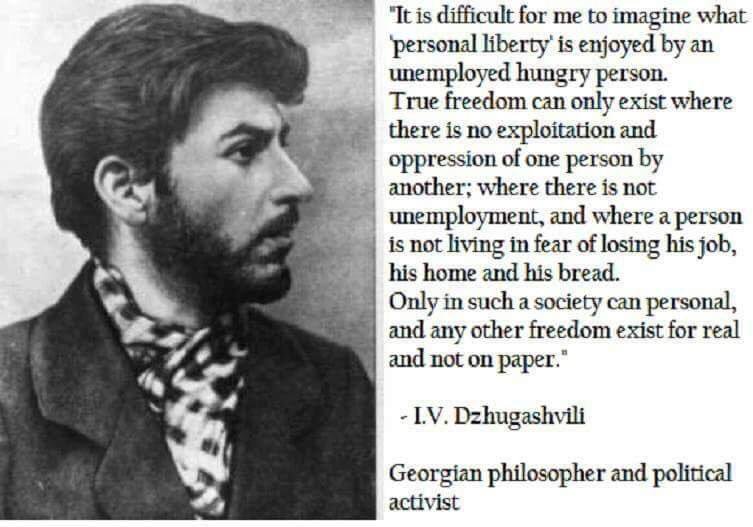First up we have @redrollers & Lee Ryan
Research Epic; How we Designed Immersive, Honest and Ongoing Conversations Remotely
#DR2020
They needed to include stakeholders from all of the business on locations all over the world.
For some people who stayed engaged they had 8+ conversations over 6 months.
(This project was about onboarding to Trello)
We deployed an intercept before someone had begun signing up for a trial.
Some wanted to sign up straight away and some wanted to sign up for the research in the future.
We had to be like water, ready to hand people to researchers who were online and ready to go.
When people said 'usually I would Google this' the research team said 'great, let's do it together' to see how their customers learned.
How can we design a process that will orient ourselves and the stakeholders to do the right thing while keeping participants info private.
People who wanted to view recordings had to sign observer participation forms before they could view.
Drive made it easy to create documentation about how to use the tools.
How do we make sure we are in control of the data?
Who has access and for how long? Dropbox allows this.
Some had setup everything by day 3, some didn't start until they had seen all the videos.
We embraces dovetail as a data repository
It became an ongoing data repository.
Protecting their privacy is important for you to get honest feedback.
Ensure the stories are told by the users.















